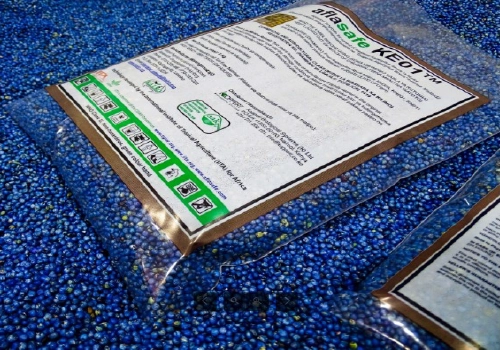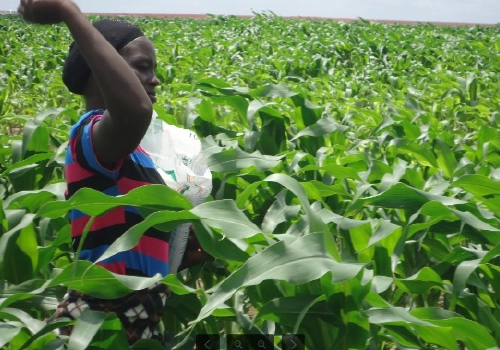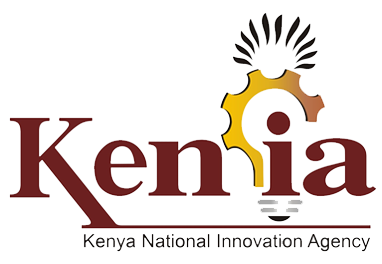KALRO and IITA have developed Aflasafe KE, a safe and cost-effective solution to the problem of aflatoxin, which costs only around USD 8 per acre and can fetch a premium on growing markets.
Aflasafe offers a reliable and safe source of aflatoxin-free inputs from domestic supply chains, without relying on imports or risking highly contaminated lots. By implementing or supporting Aflasafe use in supply chains, companies can source sufficient aflatoxin-safe raw materials, and can benefit from the trade opportunities locally and in export markets for a wide range of processed goods. Currently, Aflasafe KE01 is treating between 30,000 and 40,000 acres of land, but the potential for its use is over 750,000 acres. To reach this potential, more effort needs to be put in to create awareness of Aflasafe amongst farmers and stakeholders in maize, sorghum, and groundnut value chains in Kenya, as well as developing business models and strategies for scaling it to vulnerable smallholder farmers, particularly women, and youth enterprises.
Research Summary and Technology
Aflasafe KE is an innovation project in Kenya that aims to reduce aflatoxin contamination in maize, a staple food crop in Kenya and other parts of Africa. Aflatoxins are toxic compounds produced by a fungus called Aspergillus flavus, which can infect maize and other crops such as groundnuts, sorghum, and millet. Exposure to aflatoxins can lead to serious health problems, including liver cancer and stunted growth in children. The Aflasafe KE project involves the development and use of an aflatoxin bio-control product called Aflasafe KE01, which is made from a mixture of non-toxic strains of A. flavus that are effective at reducing aflatoxin contamination in maize. The product is applied to the crop before planting, and it works by competing with and displacing the toxic strains of A. flavus that produce aflatoxins. The project is being implemented by Kenya Agriculture and Livestock Research Organization (KALRO) in collaboration with the International Institute of Tropical Agriculture (IITA) and other partners. The project aims to reduce aflatoxin contamination in maize and improve food safety, as well as increase maize yields and farmer incomes. The Aflasafe KE project is a research and development project which also involves farmers, processors, regulators and other stakeholders to ensure that the technology is adopted and reach its full potential.


About the Researcher
WIPO IP Diagnostic Tool
WIPO IP Diagnostics is a free, intellectual property (IP) self-assessment tool that helps businesses identify their IP assets.
After you complete a section, a report that gives you recommendations and further information on IP and business competitiveness will be generated.



